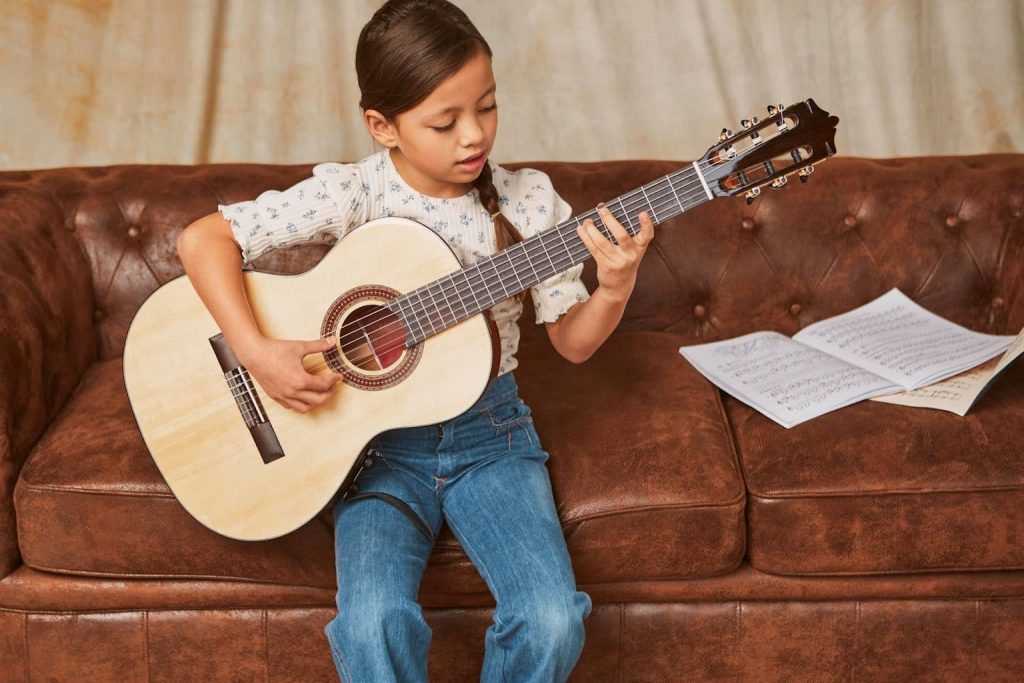
If you’re pondering whether to let your child learn a musical instrument, you’re making a decision that could have a profound impact on their development. Learning to play an instrument can be a rewarding journey, but it also comes with its challenges. Let’s explore some of the advantages and disadvantages to help you make an informed choice.
Advantages of Learning a Musical Instrument
Enhances Cognitive Skills: Research has consistently shown that children who learn musical instruments tend to have improved memory, attention, and problem-solving skills. Music involves counting, rhythm, and understanding patterns, all of which boost brain function.
Builds Discipline and Patience: Mastering an instrument requires regular practice and dedication. This can teach your child the value of hard work, perseverance, and time management—skills that are transferable to academic and other areas of life.
Improves Social Skills: If your child plays in a band or orchestra, they’ll learn to collaborate and communicate with others. This can improve their teamwork and leadership abilities and provide a sense of community and belonging.
Boosts Confidence and Self-Expression: Learning to play and perform music allows children to express themselves creatively. Each milestone achieved, from learning a new song to performing in front of an audience, can significantly boost their self-esteem.
Disadvantages of Learning a Musical Instrument
Time and Financial Commitments: Learning an instrument can be a significant time commitment, not just for the child but also for the parent. Regular lessons, practice sessions, and performances can eat into family time and other activities. Additionally, purchasing an instrument and paying for lessons can be costly.
Potential for Stress and Frustration: The pressure to excel, especially in a competitive environment, can lead to stress and anxiety. Not every child might enjoy the instrument they start with, and finding the right one can be a process of trial and error.
Risk of Burnout: Especially for children pushed too hard or too fast, burnout is a real possibility. It’s crucial for parents to monitor their child’s enjoyment and ensure that their musical journey remains a positive experience.
While there are clear advantages to learning a musical instrument, it’s important to weigh these against the potential downsides. Every child is different, and what works for one may not suit another. Take the time to understand your child’s interests and personality before deciding to invest in musical education. With the right approach, learning an instrument can be a fulfilling and enriching experience that your child will cherish for a lifetime.